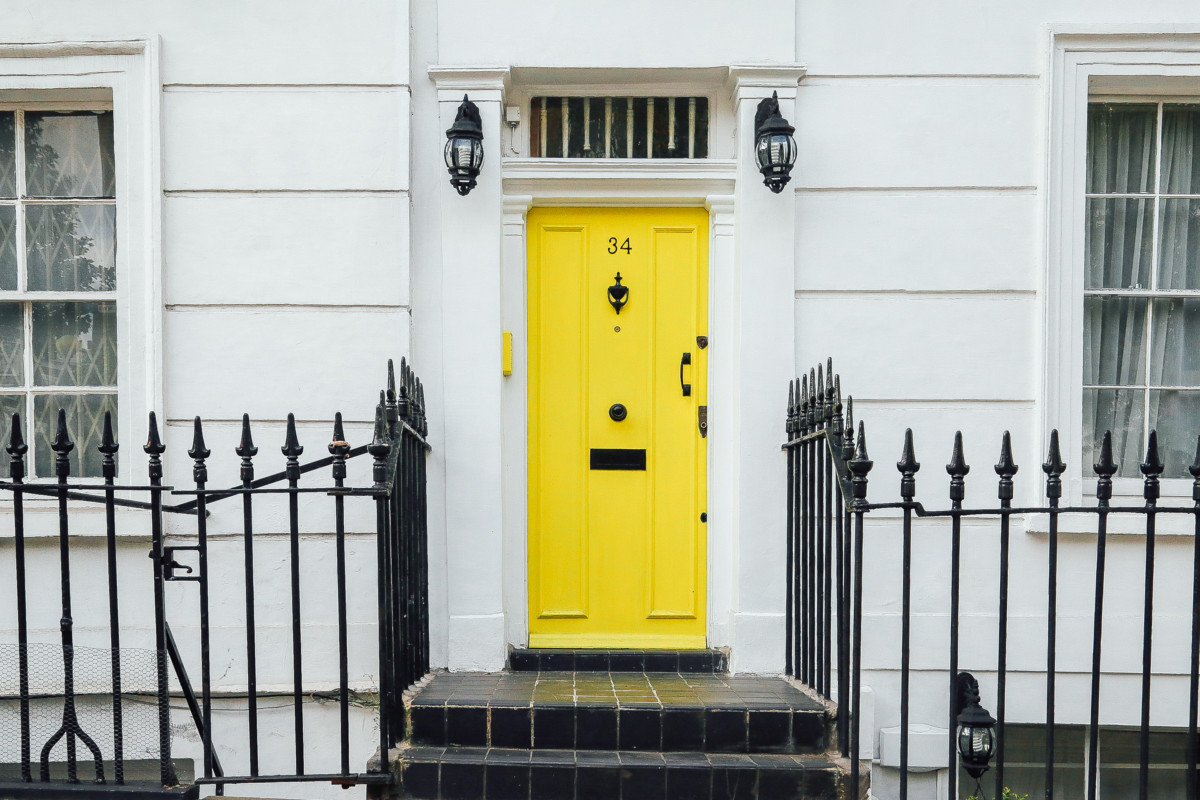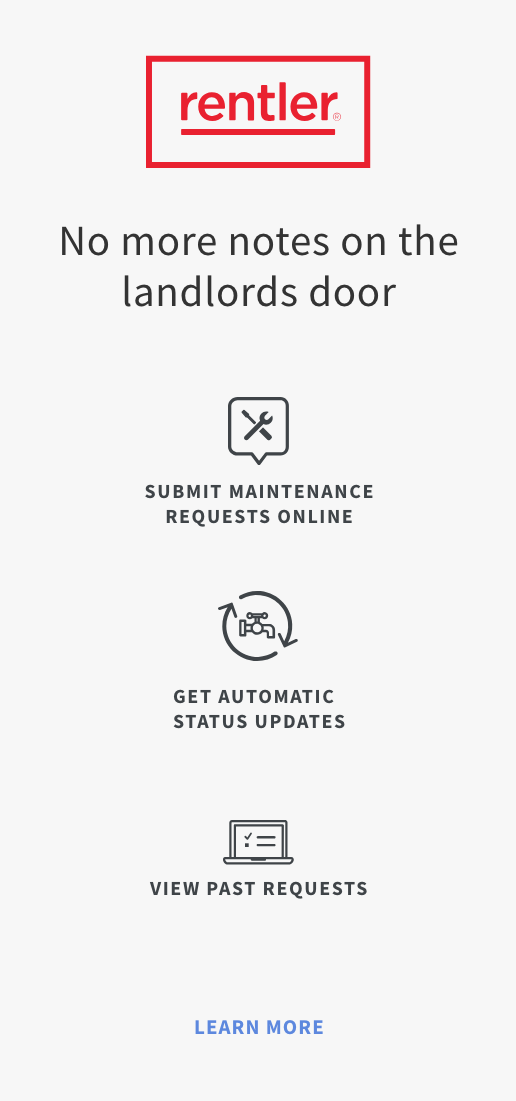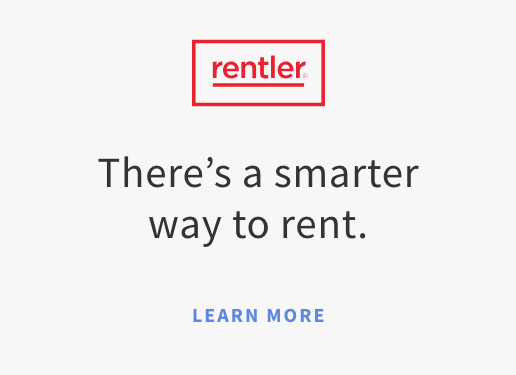Let me guess. Commitment problems? Don’t worry, we’ve all been there. Or is it the significant price difference? The location? I know, I know… There’s a myriad of reasons that may be tearing you apart in the all-important decision between buying vs renting. Whatever your reasons may be, we’ve put together 10 solid ways to make the right call. So let’s get started and knock out the analysis paralysis once and for all.
-
Use a Rent vs Buy Calculator
Here’s a good one from the New York Times, which simplifies the process and helps make that decision for you. It takes into account factors like the housing market at the time vs. the rental market, tax deductions, and losses in other investments that you would make. For the financially technical, this is the ideal first step.
-
Understand the relationship between home price and income levels
SF Gate offers great advice on how to evaluate how much to spend on your home. Once you determine how much you can spend, look for homes within your price range. If you can’t find something, it’s probably a good idea to hold out and rent.
-
Don’t overestimate your ability to save
According to Market Watch, most Americans have less than $1,000 in savings. Seriously… it’s detrimental problem. For those who are thinking about stretching their budget for a home payment or a luxury apartment, it’s important to consider that if you don’t already have a rolling 3 month proven habit of saving, then you probably aren’t going to stick to it. Don’t get into something you’re not ready for.
-
Factor in the hidden costs of both purchases
For homes, it’s maintenance, insurance, closing costs, and taxes. In fact, the yearly maintence for a home should be budgeted into your costs in computing what you can afford for a home. According to Banking My Way, be prepared to shell out about $4,000 a year on maintaing your home. On the flipside, for renting, it can be lease renewal fees, renters’ insurance, high utility bills depending on your location, and all the other amenities of the modern American.
-
Consider alternate investments
If you have no other investments or very low returns from your CDs, then you may not have much to lose by using that money for a new place. But if you have a track record of good bets in a diversified portfolio, you may be forsaking more than you think. Bloomberg has a good article on investing under $10,000, which is usually a chunk needed for a down payment on a home or wiggle room for an apartment living emergency fund.
-
Timing is everything
The right decision today may not be the right decision a year ago. Both for your personal financial situation and the larger forces at play in the homeownership market, waiting a year and taking a gamble that you’ll be in a better position to buy later can pay off big if you have the right information. As you can see on the Economist, if you time purchases during a dip, you can reap some signficant rewards.
-
Talk to those that have done it recently
Experience is the best teacher, and those with the most relevant experience should be your new best friends, or at least temporary teachers. Ask them what they didn’t account for, and what their mental health is as a result of their decision. Honestly, for those that have abandoned social media, it might be time to message a good ol’ pal on Facebook.
-
Calculate how long you’ll be in your city.
If you’re in an unstable profession or one that requires you to move a lot, getting tied down to a long-term investment may not be wise, especially if you don’t have any evidence that the market for your home will be advantageous in the future. Not all home prices rise over time, and you have to look at some comparables and figure out if yours will. Check out Bankrate for a side by side comparison.
-
Consider the cost of renting
While the upfront costs of a down payment may be imposing, understand that renting an apartment is usually a year-long investment as well. Here’s a great calculator to help determine the price of renting from SmartAsset.
-
Compare the costs of each head to head.
Rules of thumb for figuring out when you break even are plentiful, such as the rule of 15, which says that anything over 15 years’ fair rental value for any home or 180 months of rent should deter someone from buying, and push them into investing instead. Once you make the determination of the property you’ll stick with, try managing your finances on a platform that will help you to the fastest path of financial freedom – like Fresh Start.




